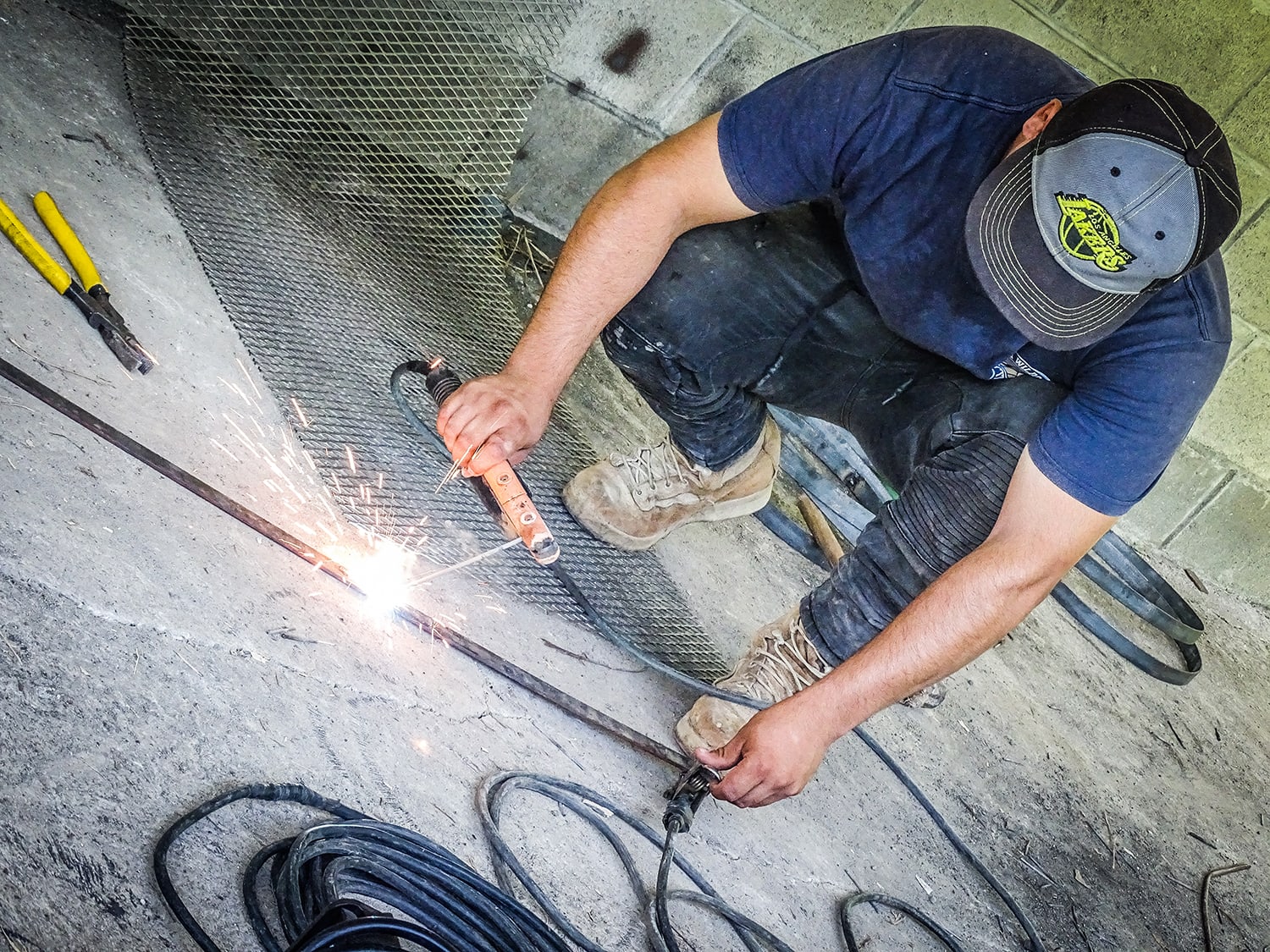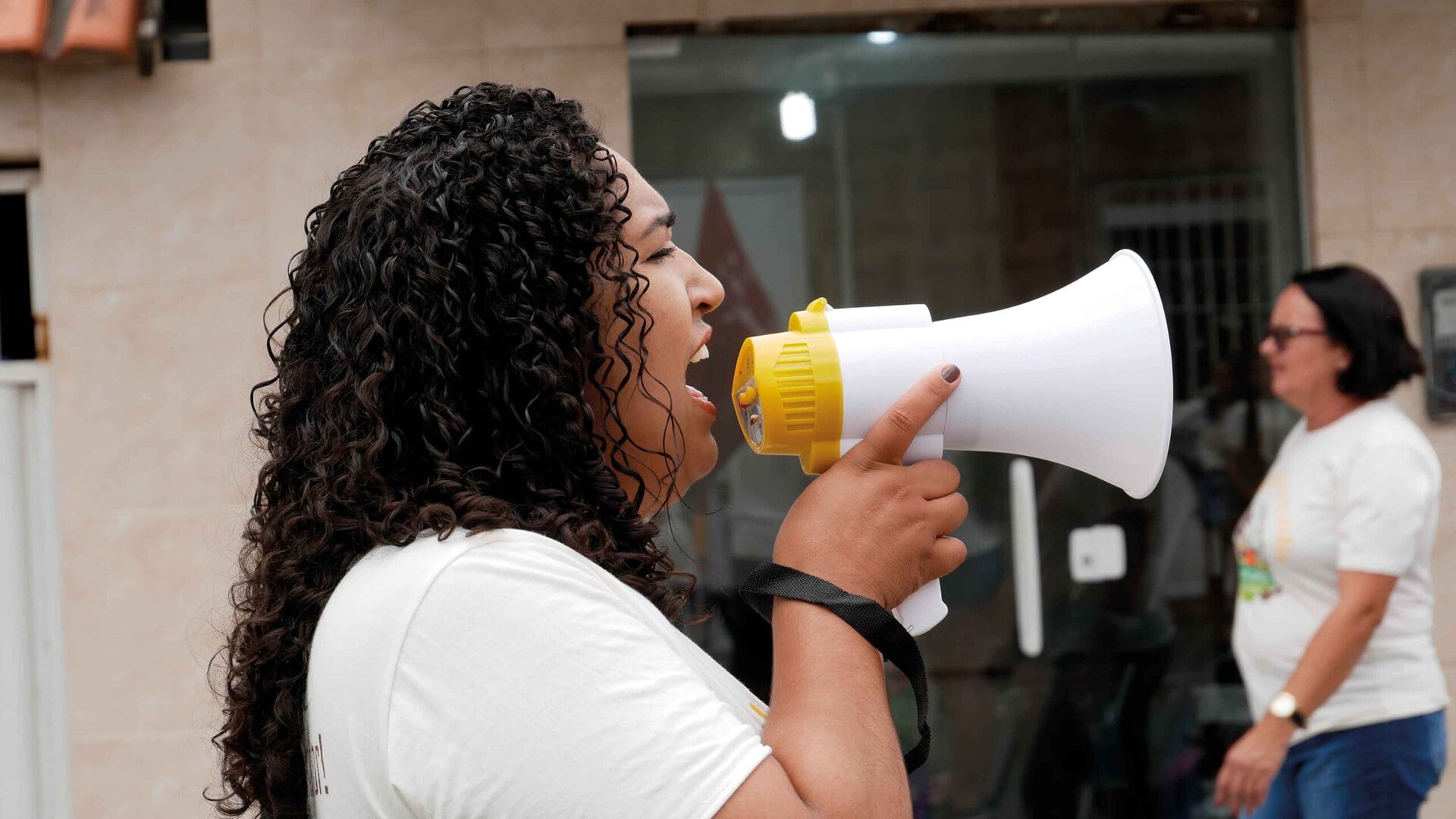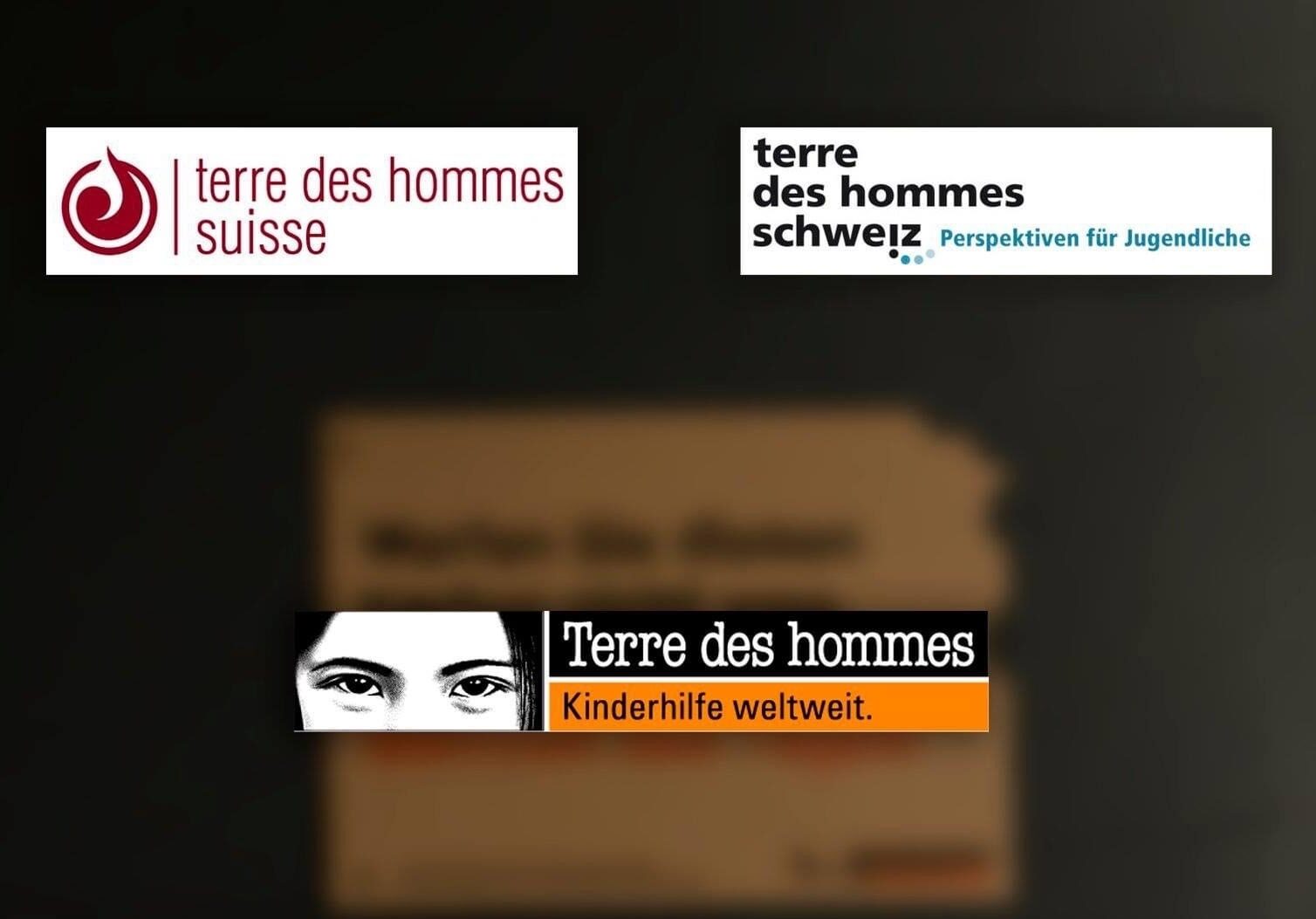Violence is omnipresent in El Salvador. Young people find themselves caught between the police, youth gangs and the prejudices of society. They only have a chance if they distance themselves from the violence and take their future into their own hands.
Anyone familiar with El Salvador will soon come across the term “mara” – youth gangs that are active in several Central American countries. The German translation somewhat belies the fact that these are widely ramified, highly professional and structured mafia gangs. In those places and neighborhoods where they have a say, they determine people’s everyday lives.
On trips to another part of town, for example. If your own neighborhood is ruled by a different mara than that of your friend, mutual house calls are not possible. Craftsmen deliver their goods to the border of the mara’s territory because it is safer for their customers.
Young people are lazy and out for a quick buck
According to the UN, El Salvador has had the highest murder rate in the world for three years. We can only assume that the maras in El Salvador are responsible for the lion’s share of this evil. The low clearance rate does not allow for more than that. In many areas, the gangs dominate almost without restriction. They can enforce almost anything under threat of violence: Extorting protection money from companies, restricting access to their territories and even threatening families until they hand over their daughters to the gang.
“It depresses me how the violence and constant threat have long since become the norm there,” says Daniela Weber, our program coordinator for El Salvador, “as well as the poor image of young people.”
They are considered violent and dangerous in El Salvador. Furthermore, they do not want to study or work, but are simply looking for a quick buck. That is why most of them are in the maras, according to the widespread opinion. This ignores the fact that a lot of structural violence drives young people into the gangs. The gangs recruit their youngsters at school and exert great pressure. Exactly how the maras go about this remains a mystery. Anyone who asks too many questions risks life and limb.
Pandilleros have no future
The young people are also under general suspicion by the state. The government has declared war on the maras and launched a campaign to “reclaim the territories” – with extensive police and even military deployment. Time and again, young people are arbitrarily arrested or attacked with violence. Whether they are gang members or not often makes no difference. The young people are caught between the hammer and the anvil. There is a constant threat of being mistaken by the state as a pandillero – a gang member – and by a mara as a spy from the competition. In both cases, they are threatened with harsh and often deadly violence.
Once a young person is suspected of being a pandillero, it can easily cost them their future: gang members are expelled from school and they are ostracized from society. “There is a black-and-white mentality that hardly allows for the rehabilitation of those wrongly suspected, let alone those who leave,” explains Daniela Weber. The stigmatization and lack of prospects drive the young people even more into the arms of the maras. The problem continues.
Young people prove the opposite
One effective way of escaping this predicament is to become actively involved in society and speak out publicly against the violence. In this way, young people distance themselves from the maras and improve their image with the state and the people. Our partner organizations encourage them in this. At the same time, they help the young people to build a new future beyond the maras with their own small businesses. In this way, they are also disproving the image of being lazy that is attached to them. Marco, for example, who actually has a different name, has set up his own welding and bricklaying business. He now even has an employee. He contributes to a better image of young people.
Not only the young people but also our partner organizations speak out against the advocacy of violence. Specifically against violence against women and girls – it is deeply rooted in the culture. On social media platforms, the jealous murder of a young woman was recently greeted with comments such as “The bitch deserved it!”. Our partner organizations defended themselves against this with counter-comments. Publicly speaking out against violence and encouraging others to do the same is the tactic against the current situation in El Salvador. The aim is to gradually remove the normality of violence.



